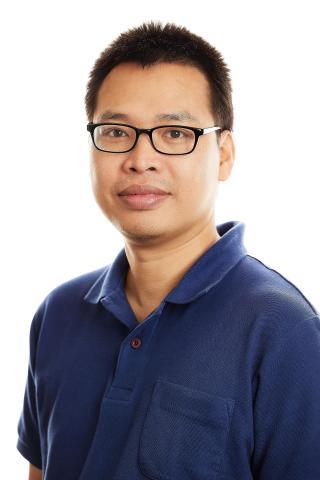Douglas Ballon Laboratory

- Professor of Physics in Radiology
Douglas Ballon received his Ph.D. from Rutgers University in 1985 in experimental nuclear physics. He did postdoctoral work in medical physics at Memorial Sloan Kettering Cancer Center from 1985-1988, and subsequently joined the faculty there, developing magnetic resonance imaging (MRI) techniques for applications in oncology. In 2001, he became Founding Director of the Citigroup Biomedical Imaging Center (CBIC) at Weill Cornell Medical College, a comprehensive MRI, positron emission tomography (PET), single photon emission computed tomography (SPECT), CT, ultrasound, optical imaging, and cyclotron facility that supports nearly 100 investigators from 15 academic institutions. Over the last 20 years he has held a leadership role in the development and management of imaging technologies. He has more than 30 years of experience in the development of imaging biomarkers for the detection, characterization, and therapeutic monitoring of disease.

- Research Associate in Radiology
Elizaveta Motovilova received her B.Sc. and M.Sc. with a major in applied mathematics and physics from the Moscow Institute of Physics and Technology in 2012 and 2014, respectively. She received her Ph.D. from the Singapore University of Technology and Design (SUTD) in 2019. During her studies at SUTD, she was awarded the Institute of Electrical and Electronics Engineers (IEEE) MTT-S Microwave Engineering for Medical Applications Fellowship for research on the sensitivity improvement of radiofrequency (RF) coils for magnetic resonance imaging (MRI). From 2019 to 2020, she was a postdoctoral research fellow at SUTD, where she continued her work on MRI radiofrequency (RF) coils with a focus on frequency tuning mechanisms. Her main research interests include design and development of MRI RF coils, metamaterials and resonators for RF coil sensitivity improvement, ultra-high field MRI engineering and safety.
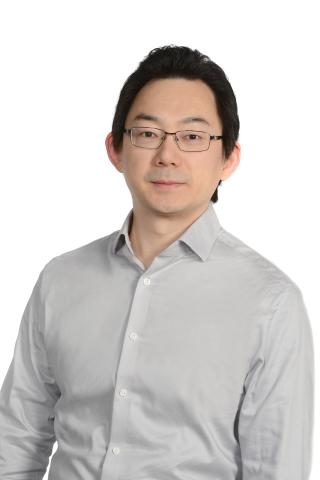
- Postdoctoral Associate in Radiology
Yun Shang, Ph.D., received his doctorate, M.P.H., and M.Sc. from Columbia University; another M.Sc. from East China Normal University; and his B.E. from Shanghai University of Science and Technology.
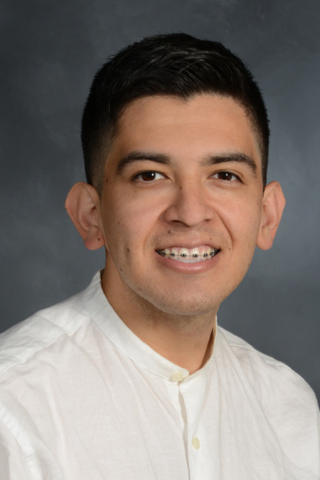
- Visiting Graduate Student in Radiology
Rigoberto Vazquez Jr. earned his B.Sc. in Mechanical Engineering from California State University in 2019 and his M.Sc. in Nuclear Engineering & Radiological Science—with emphasis in Materials and Medical Physics—from the University of Michigan in 2021. Vazquez is now pursuing his Ph.D. in the biomedical engineering program administered by the Weill Cornell Graduate School of Medical Sciences and Cornell University Graduate School. His current research interest focuses on the design and development of MRI RF coils for nonconventional anatomical regions using conductive materials and a variety of 3D-printing techniques.
Alexey V. Dimov Laboratory

- Assistant Professor of Biomedical Engineering in Radiology
Alexey Dimov received his undergraduate degree in physics from the N.I. Lobachevsky State University of Nizhny Novgorod (UNN), Radiophysics Department, and his doctorate from the Meinig School of Biomedical Engineering at Cornell University. After a post-doc at the University of Chicago, he is back at Cornell where his research is focused on quantitative separation of magnetic susceptibility sources, and abdominal quantitative susceptibility mapping (QSM) with a focus on the liver and kidneys. Outside of the lab, he is an amateur very high frequency/ultra high frequency (VHF/UHF) radio operator (emergency services radio traffic monitoring, ADS-B flight tracking, weather satellite APT).
Jonathan Dyke Laboratory
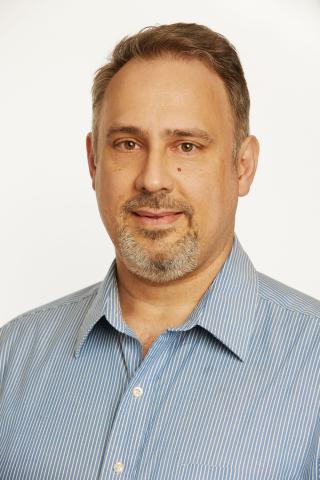
- Professor of Physics Research in Radiology
Jonathan Dyke graduated from the University of Tennessee in 1997 with a Ph.D. in Engineering. He served as a postdoctoral fellow (medical physics) at Memorial Sloan Kettering Cancer Center from 1998 to 2001. He was an assistant professor of physics (radiology) at Weill Cornell Medicine from 2001 until 2018, when he became an associate professor of physics (radiology).
Edward K. Fung Laboratory
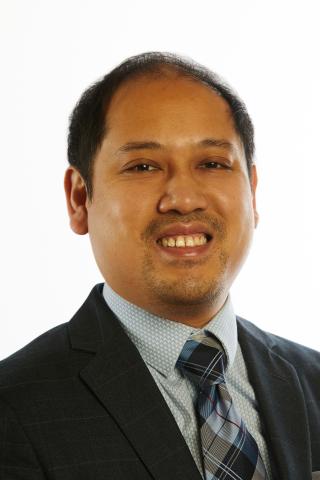
- Assistant Professor of Medical Physics in Radiology
Edward K. Fung, Ph.D., is a Weill Cornell Medicine assistant professor of medical physics in radiology.
Gene Kim Laboratory
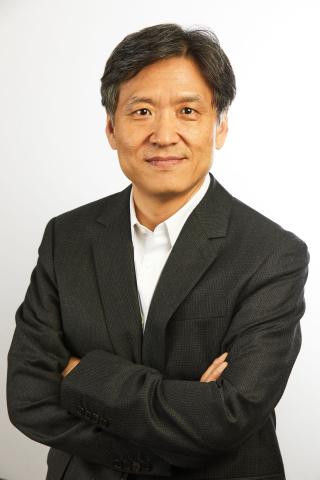
- Professor of Biomedical Engineering in Radiology
Dr. Gene Kim is a professor of biomedical engineering in radiology at Weill Cornell Medicine. He received his Ph.D. in biomedical engineering from the University of Southern California and completed his postdoctoral fellowship in cancer imaging at the University of Pennsylvania. His research focuses on the development of quantitative dynamic contrast-enhanced and diffusion magnetic resonance imaging methods for early detection of cancer and assessment of treatment response, particularly in breast cancer and head and neck cancer. Dr. Kim’s laboratory has been funded by grants from the National Institutes of Health.
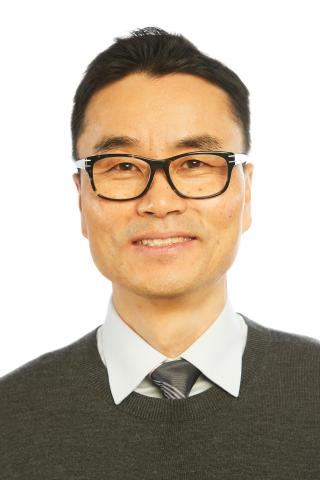
- Assistant Professor of Cell Biology Research in Radiology
Dr. Seung Koo Lee is an assistant professor of cell biology research in Radiology Department at the Weill Cornell Medicine. He earned his Ph.D. in immunology from Seoul National University, Seoul, Korea. During his Ph.D. course, he studied the signaling mechanisms of vitamin C that control tumor proliferation, and apoptosis in colon cancer and melanoma. He then completed postdoctoral training at the Houston Methodist Research Institute, where he invented a layer-by-layer nanoplatform (LbLN) that delivers a short interfering RNA (siRNA) and imaging probe to various cancers. His research focuses on the development of, (1) innovative multi-functional molecular imaging probes for various disease states including cancers and, (2) drug delivery systems for diagnostic, therapeutic and clinical applications.
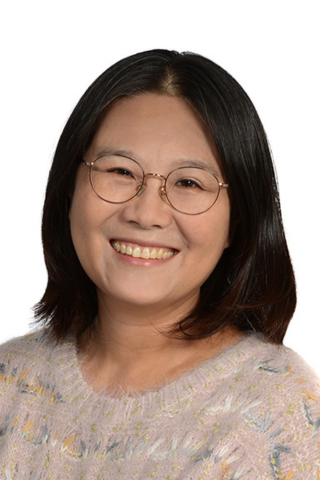
- Research Specialist in Radiology
Myung-Shin (Cindy) Han holds a master's in Molecular Biology from Sookmyung Women's University in Seoul, Korea. After finishing her master’s, Cindy worked as a research manager in orthopedic surgery at Seoul National University Hospital, researching tumor immunity and stem-cell therapy with bone grafts. She had also served as a Research Assistant to research molecular optical imaging with tumor cell lines and animals for 5 years at the Methodist Hospital Research Institute, Houston, TX. Since 2013, she's worked at Weill Cornell Medicine. For over 20 years, Han has had myriad experiences in animal experiments, and her expertise extends to innovative nanomedicine for tumor imaging and therapy. She's also working with sprayable fluorogenic dyes for image-guided ovarian cancer surgery.
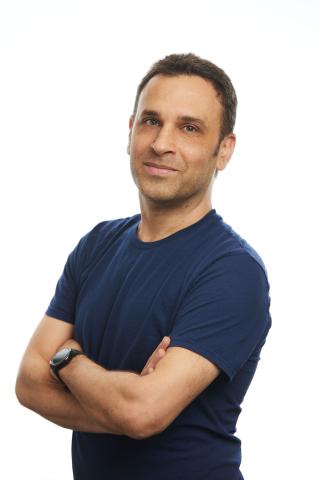
- Instructor of Chemical Physics in Radiology
Eddy Solomon’s research combines diverse aspects of magnetic resonance imaging (MRI), including pulse sequence programming, advanced image reconstruction, and pre-clinical and clinical patient studies. He received his Ph.D. from the department of chemical physics at the Weizmann Institute of Science, where he developed novel MR methods, based on spatiotemporal encoding (SPEN) principles. He is now a Weill Cornell Medicine faculty instructor of chemical physics in the radiology department. He works on head and neck cancer using diffusion and dynamic contrast-enhanced (DCE) approaches. His aim is to advance body magnetic resonance imaging (MRI) methods in humans, to improve both basic knowledge and patient care.
Ilhami Kovanlikaya Laboratory
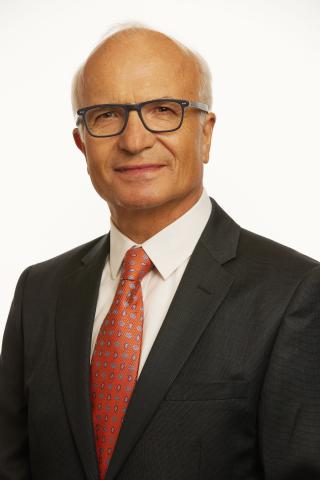
- Associate Professor of Research in Radiology
Dr. Kovanlikaya graduated from Hacettepe University, Medical School, Ankara, Turkey (1978), and completed his radiology residency (1982) at the same institution. During his tenure as an attending radiologist in the Department of Radiology at Dokuz Eylul University, Izmir, Turkey, he was appointed Dean of the Medical School in 1999. He also served as professor and chair of the department of radiology, at Yeditepe University, Istanbul, between 2004 to 2007. He joined the department of adiology at Weill Cornell Medicine in 2007.
Mark Mikkelsen Laboratory
- Assistant Professor of Neuroimaging in Radiology
Mark Mikkelsen, Ph.D., is an assistant professor of neuroimaging at Weill Cornell Medicine. He was awarded his doctorate in neuroimaging at the Cardiff University Brain Research Imaging Centre (CUBRIC). He specializes in magnetic resonance spectroscopy (MRS) research, developing novel methodologies and applying them to neuropsychiatric and neurological disorders and diseases. In particular, he focuses on advanced methods for the noninvasive measurement of low-concentration metabolites in the living human brain, such as the inhibitory neurotransmitter gamma-aminobutyric acid (GABA) and the antioxidant glutathione (GSH). Dr. Mikkelsen also develops open-source software and data processing tools for analyzing MRS data.
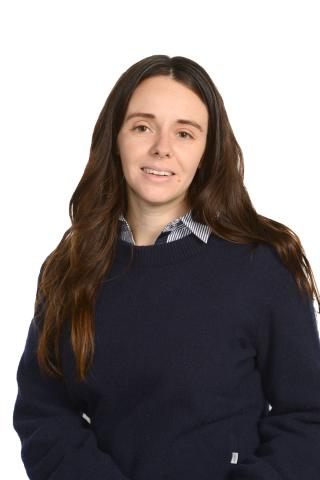
- Postdoctoral Associate in Radiology
Jessica Archibald earned her B.Sc. in Biological Sciences from the University of Guelph, Ontario, Canada, and pursued her M.Sc. and Ph.D. degrees at the University of British Columbia, British Columbia, Canada. Her research centered on the neurobiology of pain using advanced magnetic resonance imaging techniques. Her Ph.D., focused on non-invasive neurochemical measures yielding a normative database of structural, functional, and biochemical measures of the adult human brain. These findings aid disease comparisons and can benefit individuals with neurological disorders by advancing scientific understanding. Jessica's academic journey has been supported by NSERC scholarships throughout her graduate studies. Additionally, she has been honored with multiple travel awards that enabled her to conduct research projects at Balgrist University Hospital in Switzerland. There, she gained valuable experience working with patients afflicted by neurological disorders, particularly those suffering from neuropathic pain, while further honing her analytical skills.
- Postdoctoral Associate in Radiology
Amy E. Bouchard, Ph.D., received her doctorate in Neuroscience at Université Laval in Quebec City, Canada, where she studied the neural substrates of gambling disorder using various neuromodulation and neuroimaging techniques. Her work was supported by a Canadian Institutes of Health Research Frederick Banting and Charles Best Canada Graduate Scholarship Doctoral Award.
Thanh D. Nguyen Laboratory
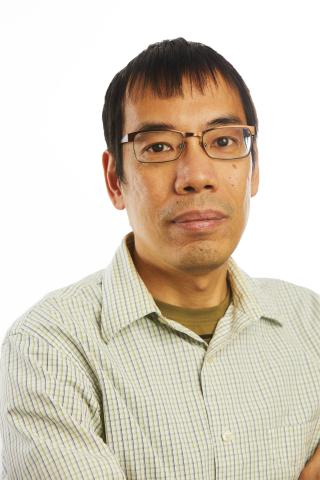
- Associate Professor of Physics Research in Radiology
Thanh D. Nguyen, Ph.D., is an associate professor of physics in radiology with the Weill Cornell Medicine Magnetic Resonance Imaging Research Institute.
Dikoma C. Shungu Laboratory
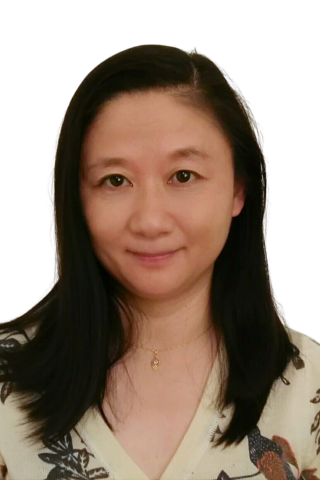
- Senior Staff Associate in Radiology
Xiangling Mao, M.S., has worked in magnetic resonance research for 25 years. After earning her undergraduate degree in solid-state physics and a master’s degree in computer science from Huazhong University of Science and Technology in Wuhan, China, she completed a three-year research fellowship at the Max Planck Institute for Biophysical Chemistry in Göttingen, Germany. There, she developed computer software for processing, analyzing, and displaying magnetic resonance neuroimaging data under Prof. Jens Frahm, a world-renowned expert in clinical MRI applications.
On Professor Frahm's recommendation, Mao was recruited by Dikoma C. Shungu, Ph.D., at Columbia University; she then joined Dr. Shungu at Weill Cornell Medicine's Laboratory for Advanced MR Spectroscopy Research (LASR), where she continues to work. Under Dr. Shungu's supervision, Mao developed a highly versatile software platform for automatically processing, curve-fitting, and displaying clinical proton magnetic resonance spectroscopic imaging data. This software has become an invaluable tool for our research projects.
At WCM, Mao's primary responsibilities include implementing MR scanning protocols, collecting and analyzing data, and facilitating several major clinical neuroimaging research projects. These projects focus on a range of conditions, including brain tumors, amyotrophic lateral sclerosis, schizophrenia, pediatric disorders, mitochondrial diseases, major depressive disorder, and myalgic encephalomyelitis/chronic fatigue syndrome.
These studies involve acquiring and managing large volumes of MR imaging, spectroscopy, and spectroscopic imaging data from over 1,000 patients and volunteers. Effectively handling such data requires expertise in:
- Medical imaging data processing,
- Computer operating systems and environments,
- Multiple programming languages, and
- Quantitative or computational sciences (e.g., physics, computer science, or biomedical engineering).
With this combination of skills, Mao not only excels in data processing but also develops and implements innovative solutions to address new quantitative challenges as they arise during research projects.
Pascal Spincemaille Laboratory

- Associate Professor of Physics Research in Radiology
Dr. Pascal Spincemaille is an associate professor of physics research in radiology at Weill Cornell Medicine. He received his master’s degree, and his postdoctoral degree, in physics from the Katholieke Universteit Leuven, Belgium. He has worked on the development of free-breathing cardiac imaging, including coronary artery and delayed enhancement imaging; the first reported vastly accelerated (below 1s temporal frame rate) 3D spiral dynamic contrast enhanced imaging; and various fundamental contributions to quantitative susceptibility mapping in the brain, liver and heart.

- Visiting Graduate Student in Radiology
Jiahao Li is a Ph.D. student in the biomedical engineering (BME) program at Cornell University. He grew up in China and completed his B.S. in engineering physics and economics at Tsinghua University, Beijing, China. He is interested in signal and image processing and reconstruction. His main project involves cardiac magnetic resonance imaging; specifically, he is developing a novel magnetic resonance (MR) data acquisition and reconstruction scheme for cardiac quantitative susceptibility mapping (QSM).
Yi Wang Laboratory
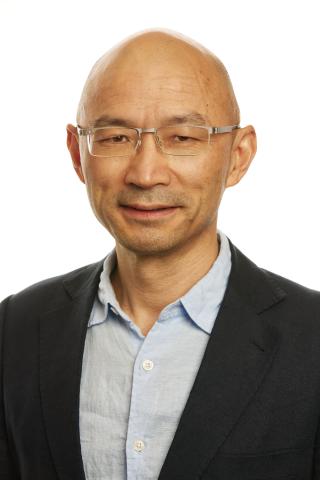
- Faculty Distinguished Professor in Radiology
- Professor of Physics in Radiology
- MRIRI Director
Yi Wang, Ph.D., holds the Faculty Distinguished Professorship in the Department of Radiology, and is a tenured Professor of Physics in Radiology, Director of the Magnetic Resonance Imaging (MRI) Research Institute at Weill Cornell Medicine (WCM), and Professor of Biomedical Engineering at Cornell University. He studied theoretical physics and switched to applying physics to medicine. Professor Wang has invented multiple MRI technologies of great importance to the clinical and scientific communities.
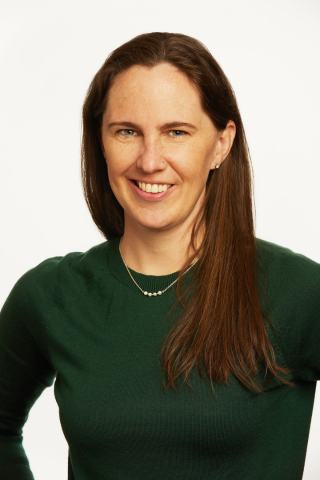
- Assistant Professor of Cell Biology in Radiology
- Director of Research Strategy in Radiology
Kelly Gillen received her Bachelor of Science in biological engineering from Cornell University in 2004. She received her Master of Science in biomedical engineering from Tufts University in 2006, and her doctorate from the Weill Cornell Graduate School of Biomedical Sciences in 2014. While a graduate student at Cornell, Kelly conducted her Ph.D. thesis research at Memorial Sloan-Kettering Cancer Center, where she received a fellowship from the Department of Defense Breast Cancer Research Program to investigate the role of Focal Adhesion Kinase in breast cancer initiation, progression, and metastasis. She has conducted research projects at the Walter Reed Army Institute of Research and Boston Scientific. Kelly received her Master of Business Administration and Master of Science in Healthcare Leadership from Cornell University in May 2021. Her research interests include using imaging and histological techniques to understand the contribution of iron overload to neurodegenerative diseases such as Parkinson’s and Alzheimer’s disease.
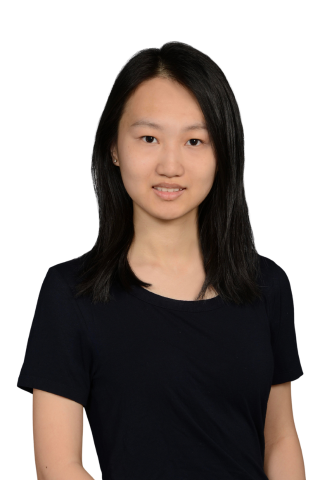
- Graduate Student in Radiology
Angela Deng received her B.S. in electrical engineering from the University of Michigan and is now a Ph.D. student in Electrical and Computer Engineering at Cornell University. Her current research interests include quantitative susceptibility mapping (QSM) and deep learning.
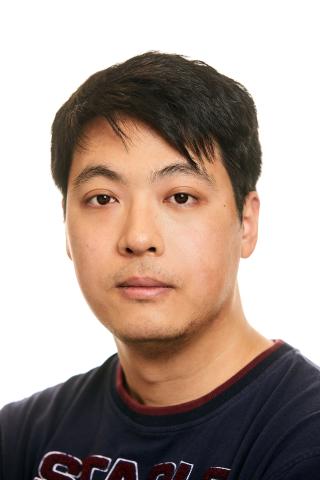
- Visiting Graduate Assistant in Radiology
Renjiu Hu received his bachelor's degree in applied physics from the University of Science and Technology of China. He is currently a doctoral student in Mechanical and Aerospace Engineering at Cornell University. His research interests include perfusion and permeability quantification of arterial spin labeling (ASL) images and deep learning.
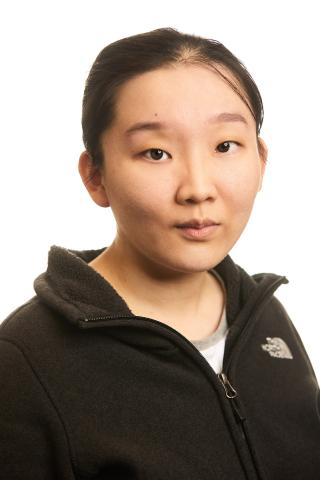
- Visiting Graduate Student in Radiology
Chao Li is a third-year doctoral student in the Department of Applied and Engineering Physics, and a visiting graduate student at Weill Cornell Medicine. She received her bachelor of science degree from Australian National University, where she majored in math and physics. Her doctoral project is focusing on image reconstruction and motion artifact correction in magnetic resonance imaging (MRI) using deep learning and classical methods. In her spare time, she enjoys playing mobile games and watching movies.

- Visiting Graduate Student in Radiology
Jiahao Li is a Ph.D. student in the biomedical engineering (BME) program at Cornell University. He grew up in China and completed his B.S. in engineering physics and economics at Tsinghua University, Beijing, China. He is interested in signal and image processing and reconstruction. His main project is on cardiac magnetic resonance imaging; specifically, he is developing a novel magnetic resonance (MR) data acquisition and reconstruction scheme for cardiac quantitative susceptibility mapping (QSM).

- Visiting Graduate Student in Radiology
Alexandra Roberts is an electrical engineering doctoral student from Bradenton, Florida. Her current work includes shadow reduction in quantitative susceptibility mapping and super-resolution of susceptibility-weighted imaging. Prior to joining the Wang Lab, Alexandra worked as a machine vision engineer at Benz Research & Development. She completed a master’s degree in engineering from the University of Florida, where her research involved 3D x-ray reconstruction of printed circuit boards with the Florida Institute for Cybersecurity Lab. Alexandra earned a B.S. at West Virginia Wesleyan College, where her research focused on systems genomics applications. Outside of the lab, Alexandra enjoys playing guitar, running and rock climbing.
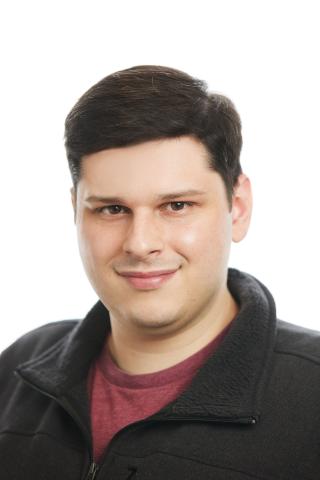
- Visiting Graduate Student in Radiology
Dominick grew up just a 45-minute train ride away from New York City on the South Shore of Long Island. He studied bioengineering (even taking some extra physics classes for fun) and conducted research on endothelial cell migration as an undergraduate at Hofstra University. At Cornell, he is a doctoral student studying biomedical engineering in the Wang Lab. His project focuses on further developing techniques for Quantitative Transport Mapping (QTM) and applying QTM to clinical images. In his free time, Dom enjoys bowling, collecting and listening to records, and reading physics texts.
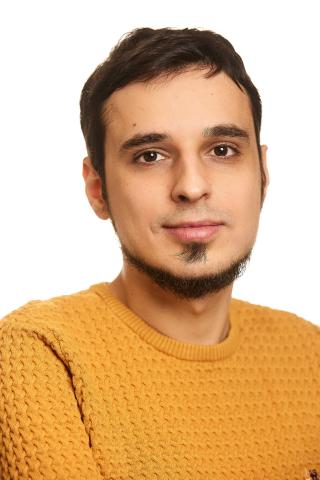
- Visiting Graduate Student in Radiology
Mert Sisman is from Ankara, Turkey, where he also received both his BSc. and MSc. degrees in Electrical and Electronics Engineering. He is now a Ph.D. student in the Electrical and Computer Engineering department at Cornell. Always interested in medical research, and a huge fan of math, he found his way into MRI research. He is currently interested in developing novel algorithms to improve quantitative imaging modalities. You can always find him playing video games unless he is doing a movie marathon

- Research Program Manager in Radiology
Carly Skudin is the Research Program Manager of the MRI Research Institute. She works closely with Dr. Yi Wang and other MRIRI investigators to monitor ongoing research projects; oversee statistical and data management operations; provide leadership during the research grant process; execute grant writing, scientific publication, and regulatory reviews; and manage the appointments of the lab's faculty and students. Skudin graduated from Colgate University with a degree in neuroscience.

- Visiting Graduate Student in Radiology
Ben Weppner is from Buffalo, New York, where he studied biomedical engineering and researched measuring perfusion in brain MRI scans at the University at Buffalo. Weppner is now a Cornell University Ph.D. student in biomedical engineering, where his research focuses on quantitative transport mapping (QTM).

- Postdoctoral Associate in Radiology
Qihao Zhang received his bachelor's degree from the biomedical engineering department at Tsinghua University, China. He is currently a doctoral student in biomedical engineering at Cornell University. His research interests include perfusion and permeability quantification form-contrast-enhanced magnetic resonance (MR) images and arterial spin labeling (ASL) sequence design.
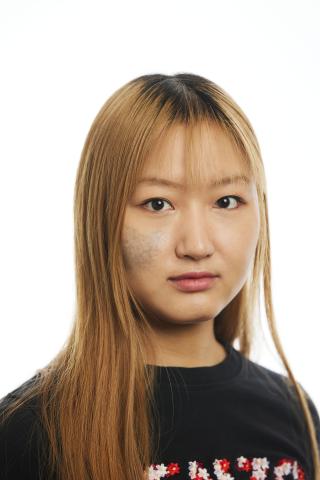
- Visiting Graduate Student in Radiology
Hangwei Zhuang is from Jiangsu, China. She studied math and biomedical engineering as an undergraduate at the College of William and Mary and Columbia University. Her research project focuses on quantitative susceptibility mapping (QSM).
Zungho Wesley Zun Laboratory
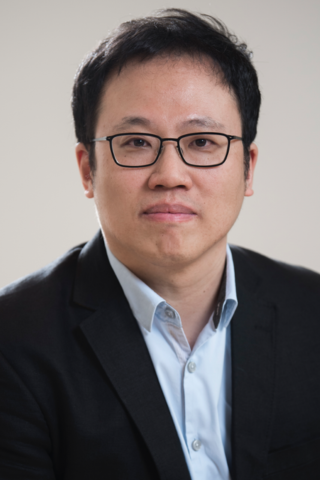
- Assistant Professor of Electrical Engineering in Radiology
Dr. Zun is an assistant professor of electrical engineering in radiology. He received his B.S. from Korea University in 1998, and his M.S. and Ph.D. from the University of Southern California in 2004 and 2010 respectively, all three degrees in electrical engineering. Dr. Zun’s research focuses on development of non-invasive magnetic resonance imaging (MRI) methods that offer early and reliable biomarkers of impaired perfusion and oxygenation in the context of fetal and neonatal imaging. Ultimate goal: translating these methods to clinical practice.
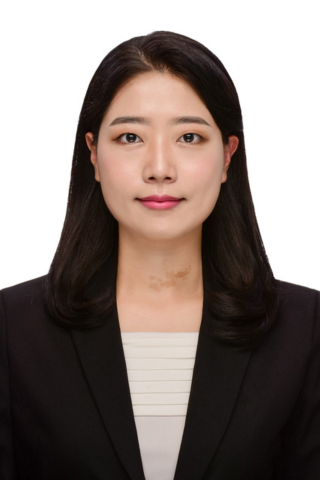
- Postdoctoral Associate in Radiology
MinJung Jang is a postdoctoral associate in radiology at Weill Cornell Medicine. She received her Ph.D. in biomedical engineering from the Ulsan National Institute of Science and Technology, Republic of Korea in 2021. Her research interests include development of rapid fetal magnetic resonance imaging (MRI) techniques using steady-state free precession, and perfusion imaging of the brain and placenta using arterial spin labeling (ASL) and intravoxel incoherent motion (IVIM) techniques.
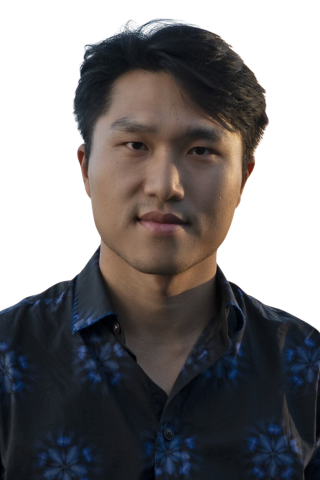
- Postdoctoral Associate in Radiology


